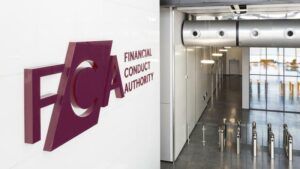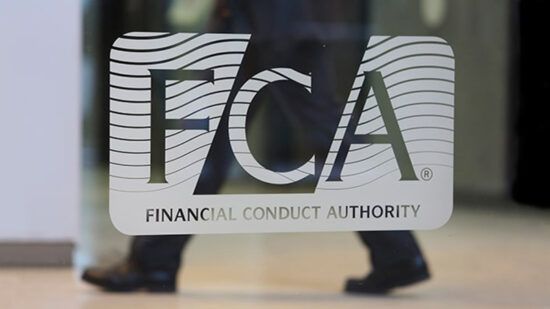Investors need to consider how they can support investee companies with identifying human rights impacts, such as corrective action plans and grievance mechanisms, according to recent research.
In the report Modern Slavery & Remediation – An Investor’s Guide, researched and authored by the First Sentier MUFG Sustainable Investment Institute and the international human rights group, Walk Free, a number of ways investors can play a part in facilitating the remediation of modern slavery were outlined including actions investors can pursue before, during and after investee companies find cases of modern slavery.
Such action includes requiring investee companies to have grievance mechanisms; supporting investee companies to identify the human rights impact and their relationship to harm; advising companies of their expectations to provide satisfactory remedy; recommending investee companies develop corrective action plans alongside internal investigative teams; and, following remediation, encouraging companies to review complaints and complaints handling to prevent similar harm from reoccurring in the future.
According to the report, businesses that fail to address modern slavery risks face increasing legal, reputational and financial consequences. For example, the European Union’s Corporate Sustainability Due Diligence Directive requires all EU member states to introduce laws that require certain companies to conduct human rights and environmental due diligence.
In addition, human rights due diligence legislation is in force in jurisdictions including France, Germany and Norway, while the UK and Australia require businesses to disclose the steps they are taking to identify and address modern slavery risk.
The most recent Global Estimates of Modern Slavery report found there were 27.6 million people in forced labour in 2021; an increase of 2.7 million people since 2016, mostly in services like manufacturing, construction, agriculture and domestic work sectors.
Kate Turner, global head of responsible investment at First Sentier Investors, commented: “Our report shows very clearly the range of remediation work that companies can undertake and the opportunity for investors to enable remediation and encourage best practice actions to provide redress and resolution for human rights impacts. Together, businesses and investors should increasingly seek to mitigate and prevent these impacts and provide or facilitate remedy where harm has occurred.”
Meanwhile, Walk Free’s director for business and human rights, Serena Grant, said: “With 50 million people estimated to be living in modern slavery, such harms impact every country and supply chain in the world. There is a growing awareness that no investment is immune from modern slavery risks. Yet, there is limited understanding of how investors should address these risks, and the role they can play in providing or facilitating access to remedy to those who have experienced modern slavery.
“Our report provides guidance on investors’ responsibilities under international legal frameworks and emerging national legislation, as well as the steps they can take at different stages of the remediation process.”








